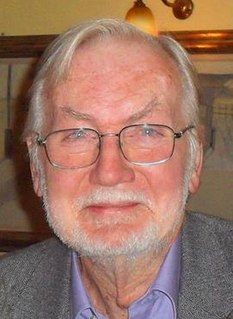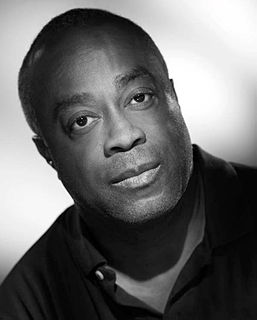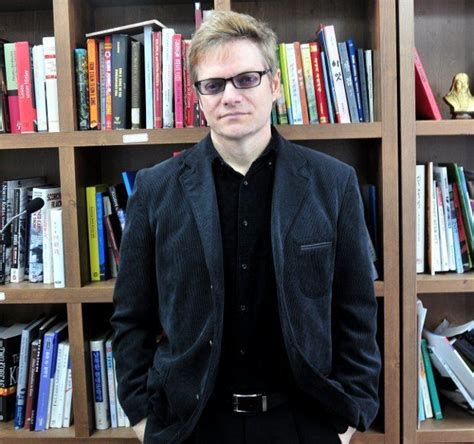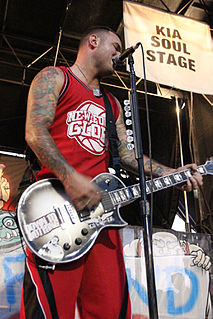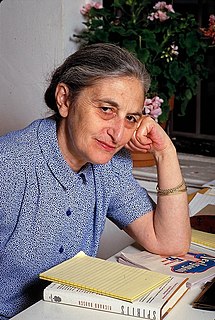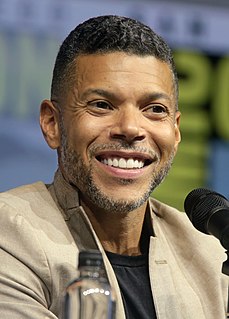A Quote by Barry Unsworth
Eudora Welty's 'A Curtain of Green' had an enormous effect on me. But my early attempts to graft stories from the Deep South onto North of England provincialism were not successful. All were rejected.
Related Quotes
A Daring Life: A Biography of Eudora Welty is a beautifully written portrait of Eudora Welty and her amazing life. Carolyn J. Brown carries the reader through Welty's long, productive writing career and introduces her family and friends along the way. The book's very readable text, its lovely use of Welty quotes, and its excellent photographs make the work a treasure. This intimate look at Eudora Welty is a welcome addition for her readers.
Most of us who were opposed to the war, especially in the early '60's - the war we were opposed to was the war on South Vietnam which destroyed South Vietnam's rural society. The South was devastated. But now anyone who opposed this atrocity is regarded as having defended North Vietnam. And that's part of the effort to present the war as if it were a war between South Vietnam and North Vietnam with the United States helping the South. Of course it's fabrication. But it's "official truth" now.
At the beginning of the 20th century, before the migration began, 90 percent of all African-Americans were living in the South. By the end of the Great Migration, nearly half of them were living outside the South in the great cities of the North and West. So when this migration began, you had a really small number of people who were living in the North and they were surviving as porters or domestics or preachers - some had risen to levels of professional jobs - but they were, in some ways, protected because they were so small.
Coming from the South and growing up in L.A. where it was so segregated - worse than the South in many ways - all the people in my neighborhood were from the South. So you had that Southern cultured environment. The church was very important. And there were these folk ways that were there. I was always fascinated by these Southern stories, people would share these mystified experiences of the South. I wanted to talk about folklore.
My parents are from the South - they were both born in Birmingham - so my dad saw R.E.M. really early on when they were playing college stuff in Athens. He had a bunch of their cassettes from the '80s, and when I was 8, 9, or 10, those were the sort of things that were around the cassette player in the living room.
I was working with an extraordinarily successful company that was doing a CEO succession, and the board was discussing the threats to the business. They were enormous, despite the company's strong market position. I then realized that there were no longer just turn-around periods for companies in trouble, that now variables that could drastically effect any business's profitability were not going to go away.
